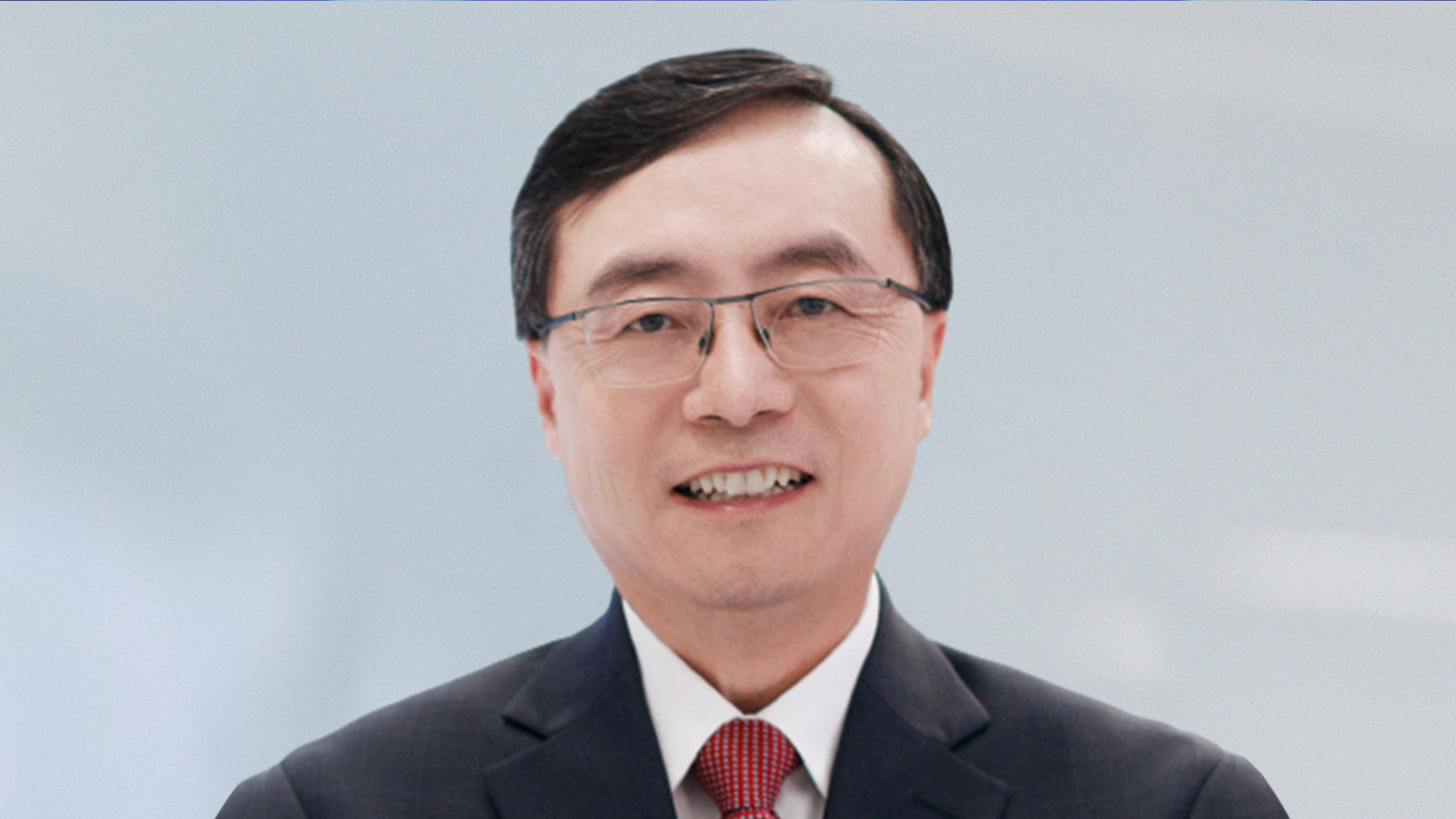
Jingsong Wang, Harbour BioMed CEO
Following secretive AbCellera pact, Moderna picks up another antibody discovery deal via Harbour BioMed
As it moves to position itself beyond pandemic stardom, Moderna is spidering out into a number of biotech spheres — working on an Ebola vaccine …
Sign up to read this article for free.
Get free access to a limited number of articles, plus choose newsletters to get straight to your inbox.